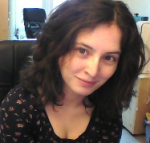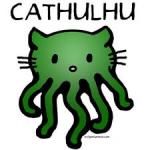[...]
If all that additional text is just fluff with no game consequences, this version probably contains some elements that are copyrightable.
However, if other game elements trigger [...] based on other fictional elements described here, then the uncopyrightable game system might "merge" with the text here so that it wouldn't be infringement for someone to reproduce this text entirely. Courts are essentially interested in whether the uncopyrightable elements of the work remain available for the public to use, or if the copyright owner is effectively monopolizing them because there simply aren't many different ways to describe the uncopyrightable ideas or system.
[...]
The version of the Open Gaming License (OGL) that has existed since 2000 is very narrow. It permits use of "the game mechanic and includes the methods, procedures, processes and routines to the extent such content does not embody the Product Identity and is an enhancement over the prior art and any additional content clearly identified as Open Game Content by the Contributor."
You'll notice that these are the elements that are not copyrightable in the first place. [...]
For most users, accepting this license almost certainly means you have fewer rights to use elements of Dungeons and Dragons than you would otherwise. [...]
The OGL 1.0a includes a strange term claiming that you agree to be bound by this contract by "using" the "Open Game Content," such as the mechanics. [...]
Fortunately, that's not how contracts work. [...]
However, there are a few ways a person might bind themself to this agreement. If you publish a book and say "published pursuant to OGL 1.0a" [...] You might also arguably have agreed to it as part of signing up for an online account with Wizards of the Coast.'
Beware the Gifts of Dragons: How D&D's Open Gaming License May Have Become a Trap for Creators | Electronic Frontier Foundation (eff.org)
This post has been edited by Azath Vitr (D'ivers: 12 January 2023 - 11:37 AM

 Help
Help

















